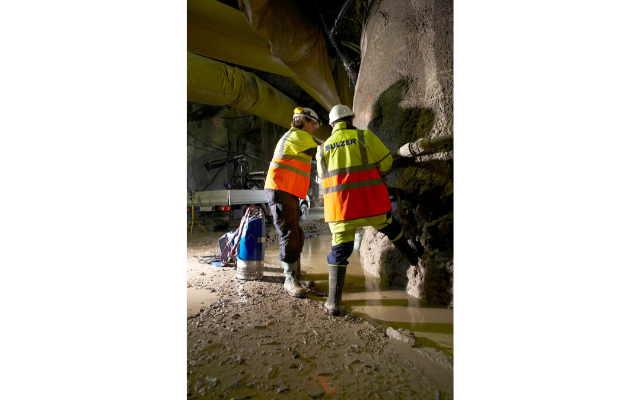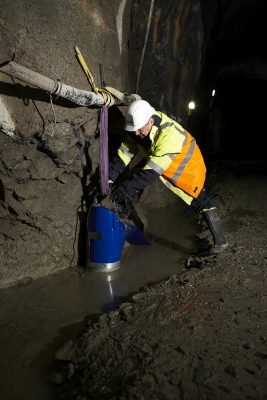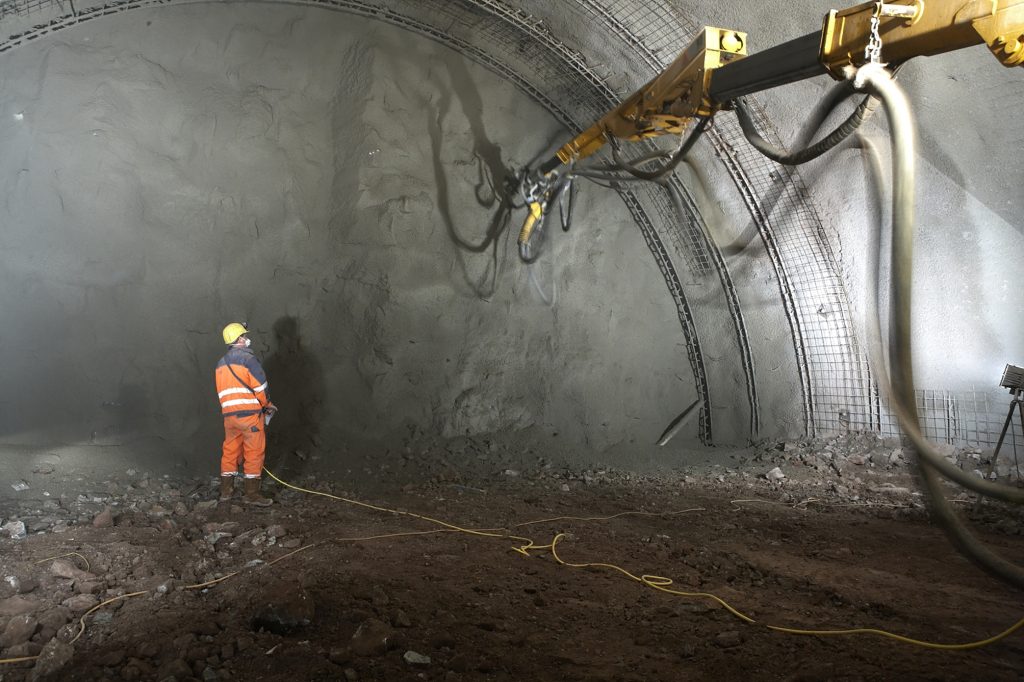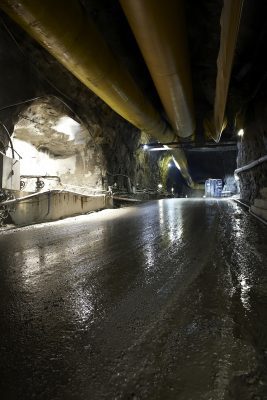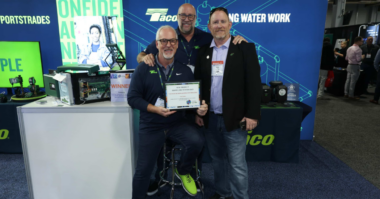Contributor: Pablo Garcia, Global Business Development Manager at Sulzer
Keeping the water where you want it in tunnel construction
As well as rock and soil, major tunneling projects involve the movement of large volumes of another important element: water. The selection, operation and maintenance of pumps and related equipment can therefore have a significant impact on costs and schedule compliance.
Pablo Garcia, Global Business Development Manager at Sulzer, looks at the range of pumps needed throughout a tunneling project and the support structure needed to keep them operational.
Tunneling technology has developed rapidly over the past few decades delivering shorter travel times and safer journeys through mountainous areas or below more congested areas. Tunnels have the potential to improve transport links, supporting infrastructure and thereby the wider economy.
However, where there are tunnels, there is water and its management is a key consideration in any major tunnel construction project. Engineering teams may have to extract significant volumes of water from the construction site in order to stabilize the ground or prevent flooding of the work area.
Tunnel boring machines and drilling equipment require a reliable supply of cooling water, which must be recovered, extracted and treated after use. In addition, personnel working on site need access to safe, clean water for drinking and sanitation.
Each of these applications may involve multiple stages of water management. Water removed from a work site might first be transferred to settling tanks underground, for example, to reduce its solids content before it is pumped to the surface. Once there, it may undergo further treatment stages, either on or off-site to bring it to a condition suitable for safe discharge back into the environment.
Pumps for all purposes
Together, these water management tasks mean tunneling projects require numerous pumps. It is not uncommon for a large project to operate several hundred pumps across the worksite for the duration of construction, ranging from small submersible units to very large components for large volume dewatering applications.
In tunneling, pumps are critical items for maintaining suitable working conditions and hitting production targets. If a pump fails, or underperforms, tunneling operations may have to stop, leading to costs and schedule over-runs.
Therefore, the selection and specification of pumps and associated equipment requires significant attention and specialist input. Ideally, conversations with equipment providers should begin early in the project. During the design phase, a pump supplier will not just be able to make recommendations about the most appropriate type, number and size of pumps for a given application; they may also be able to suggest novel solutions that lead to significant cost savings and performance improvements over the lifecycle of a project.
Selection criteria
Pump selection is based on a number of parameters. The most fundamental of these are the required flow rate and head. Deeper construction sites inevitably require larger, more sophisticated pumps. A third key factor in construction applications is the quantity of solids in the water.
Heavily contaminated water can damage or block a pump of unsuitable design, and manufacturers have developed their ranges to handle particular levels of contamination. Drainage pumps are designed for water with a low solids content while slurry pumps can tolerate mud mixtures with up to 70% solids.
The performance requirements for pumps in tunneling applications are varied. While slurry pumps can operate to heads of up to 95 meters, the high-pressure pump designs required for deeper applications are prone to rapid wear if used with heavily contaminated water. This can create the requirement for additional settlement, or other water treatment processes, underground prior to extraction.
In long-term, large-scale dewatering applications, the energy consumed by pumps can comprise a significant part of their total lifecycle costs. High-efficiency pump designs, which may have a higher initial cost due their materials and construction, can often deliver significant savings. The pump supplier should be able to provide comprehensive through-life cost calculations to support their recommendations.
Service and support
When selecting a pump supplier for a major project, engineering and procurement teams should consider additional factors beyond the basic technical specifications of the equipment.
The supplier should have a broad portfolio of products to meet all the project’s needs. Sourcing from fewer vendors simplifies procurement and vendor management activities, as well as the handling of operational issues like the provision of spare parts and technical support.
Vendors should have the scale and local presence to fully support the project. While every engineering teams aims to minimize uncertainty before work starts, underground operations are never entirely predictable. If the pumping requirements change significantly during the course of a project, it is important that additional or upgraded equipment is readily available.
Finally, the supplier should have the resources, capabilities and expertise to support its products in a demanding construction environment. The ability to quickly resolve an issue on a pump operating hundreds of meters underground in a remote location can avoid significant delays for a project. Companies with experience in major projects have developed specialized support capabilities, for example providing containerized service facilities that allow tools, equipment and an appropriate inventory of spare parts to be held on site for 24/7 availability.
For a cost-effective and reliable dewatering project, it is important to assess the ability of providers to deliver a comprehensive range of products with all the necessary technical support and maintenance inventory. This will reduce project complexity and ensure that every pump is correctly matched to its application for the duration of the construction project.
About Sulzer:
Sulzer is a global leader in fluid engineering. We specialize in pumping, agitation, mixing, separation and application technologies for fluids of all types. Our customers benefit from our commitment to innovation, performance and quality and from our responsive network of 50 world-class manufacturing facilities and 100 service centers across the globe. Sulzer has been headquartered in Winterthur, Switzerland, since 1834. In 2018, our 15’500 employees delivered revenues of CHF 3.4 billion. Our shares are traded on the SIX Swiss Exchange (SIX: SUN).
Sulzer MIXPAC™ MixCoat™ Cartridge-Based 2-Component Dispensing Systems Ideal for Naval Applications

